For a total of sixty hard fought minutes, two teams play an exhausting game of football. In the end, however, the score is tied, which means overtime.
In the National Football League, a tied game goes into sudden death overtime for a maximum of fifteen minutes. At the end of regulation time, the referee tosses a coin in the center of the field, and the captain of the visiting team calls heads or tails. The team that wins the coin toss receives the ball first, and then the team that scores first by a safety, field goal, or touchdown wins the game. In other words, the team that wins the coin toss has an immense advantage over the other team; in many cases, the team that starts off with the ball wins the game.
Why should a team that just fought through an entire game be completely dependent on luck? In college football, when the game goes into overtime, each team is given one possession from its opponent’s twenty-five yard line, without a game clock. The team that has the most points after both possessions, wins. If neither team scores after the first two possessions, they continue with alternating possessions. If after three sets both teams still fail to score, they are then forced to make two point conversions instead of the one point field goal following a touchdown.
Unlike the NFL, college football rules allow the team who loses the coin toss to get another chance to score. I see no reason why the NFL shouldn’t follow suit, or at least adopt a similar rule. Throughout a game there is a strong sense of fairness, so why should that change once the game goes into overtime? In most cases, overtime is the most significant part of the game. The outcome of the game should not be determined by the luck of a coin toss.






















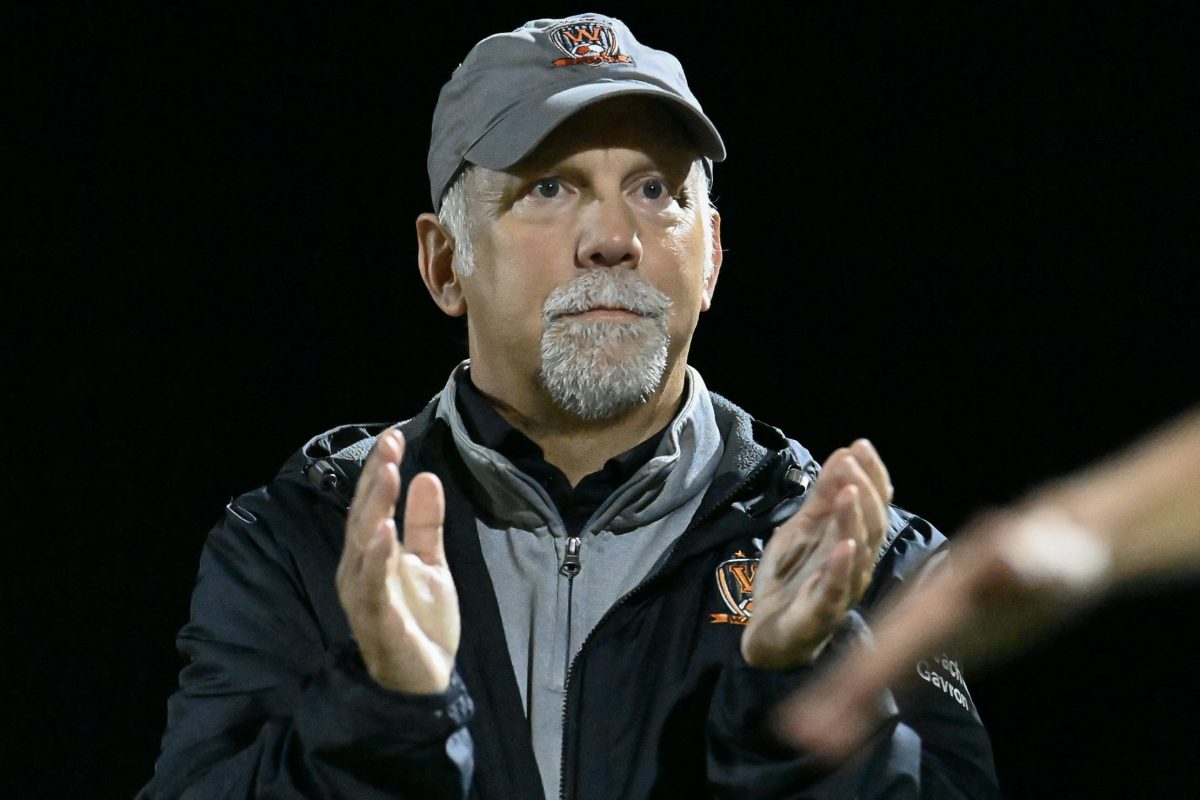

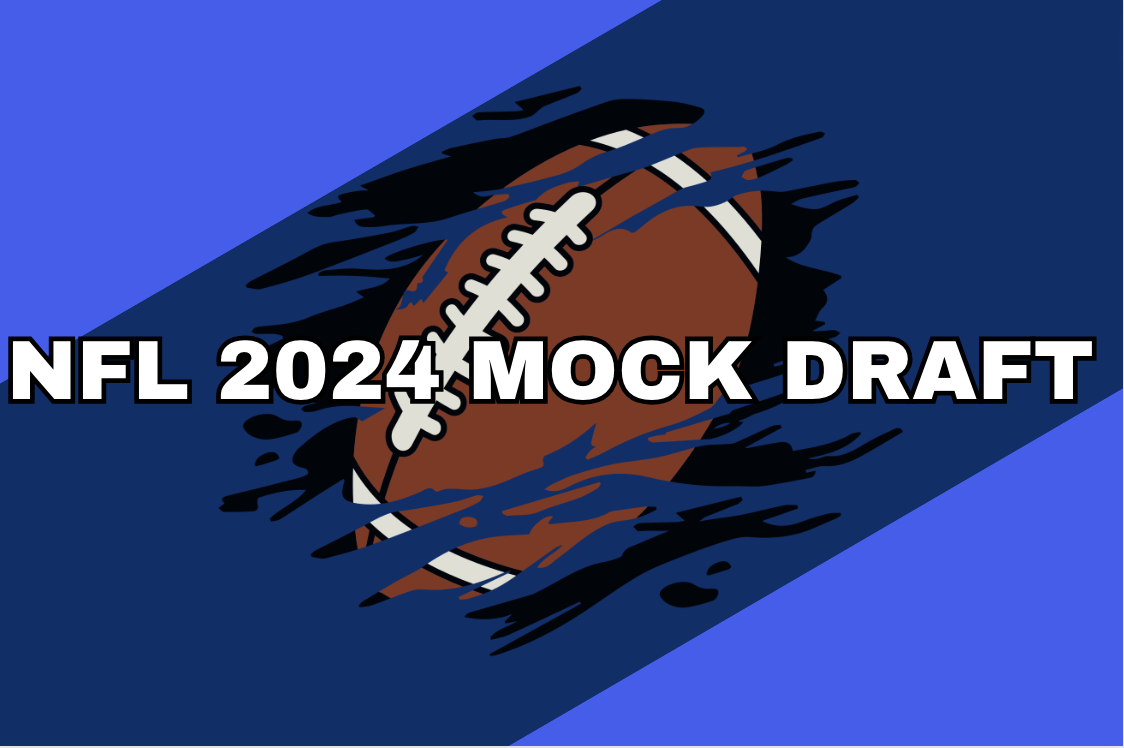



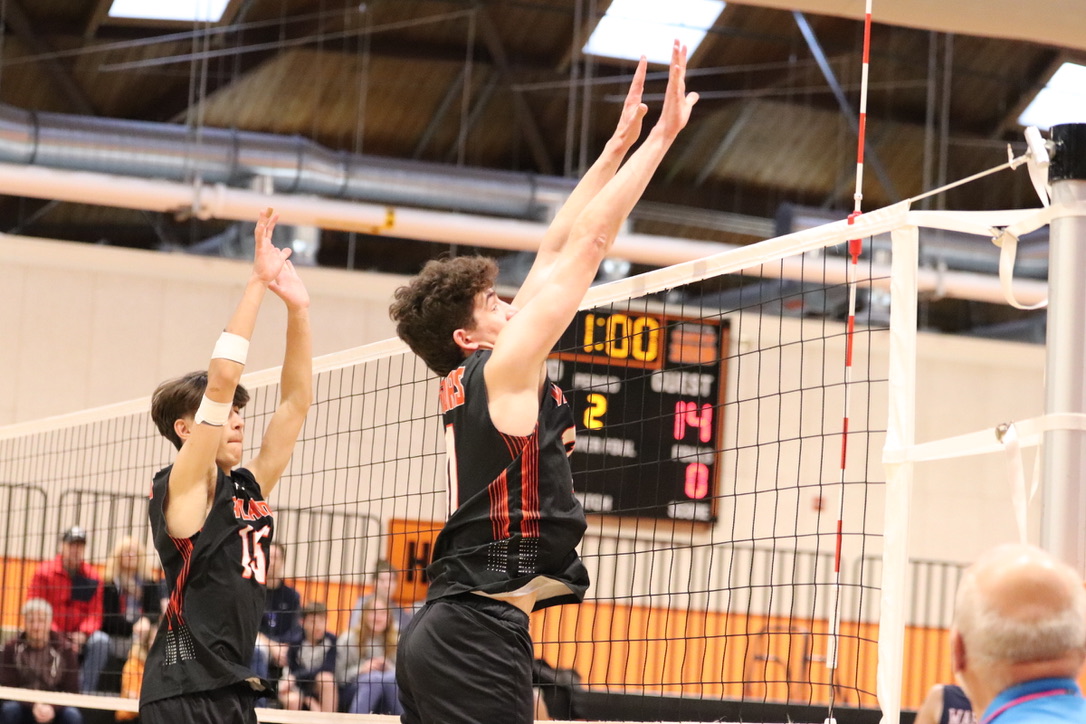
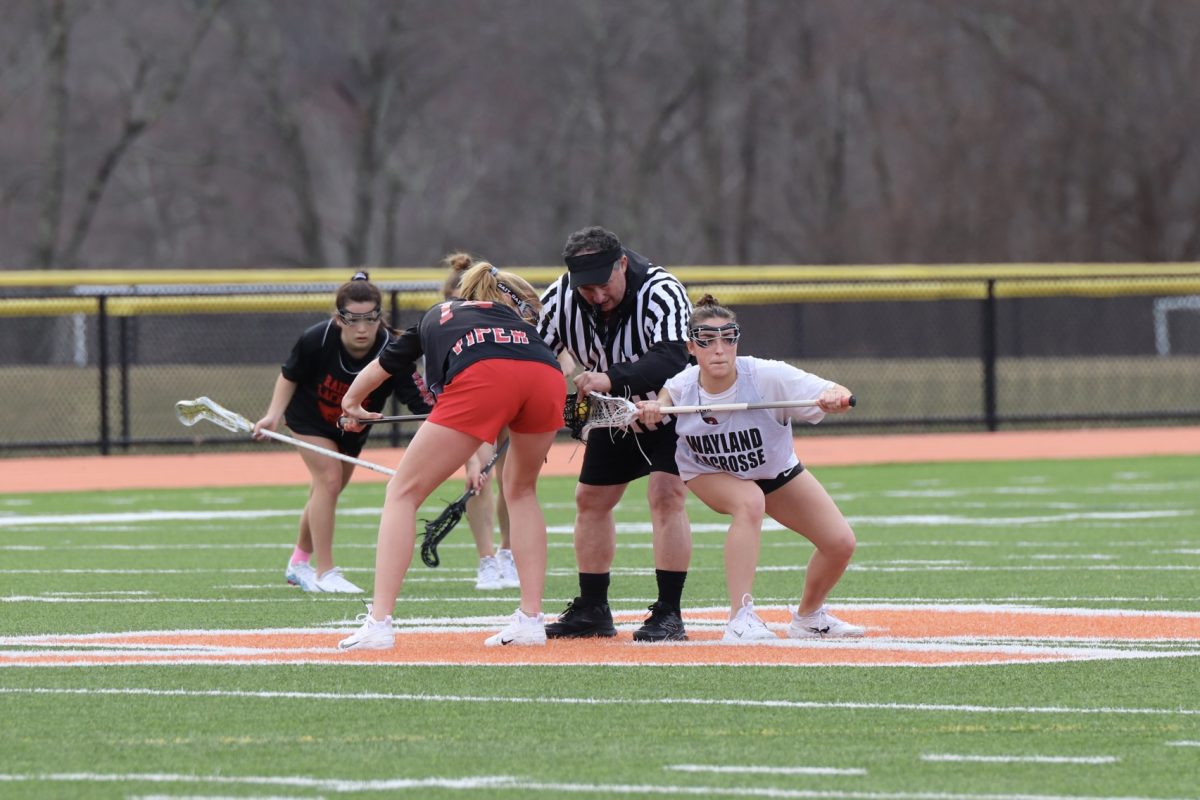
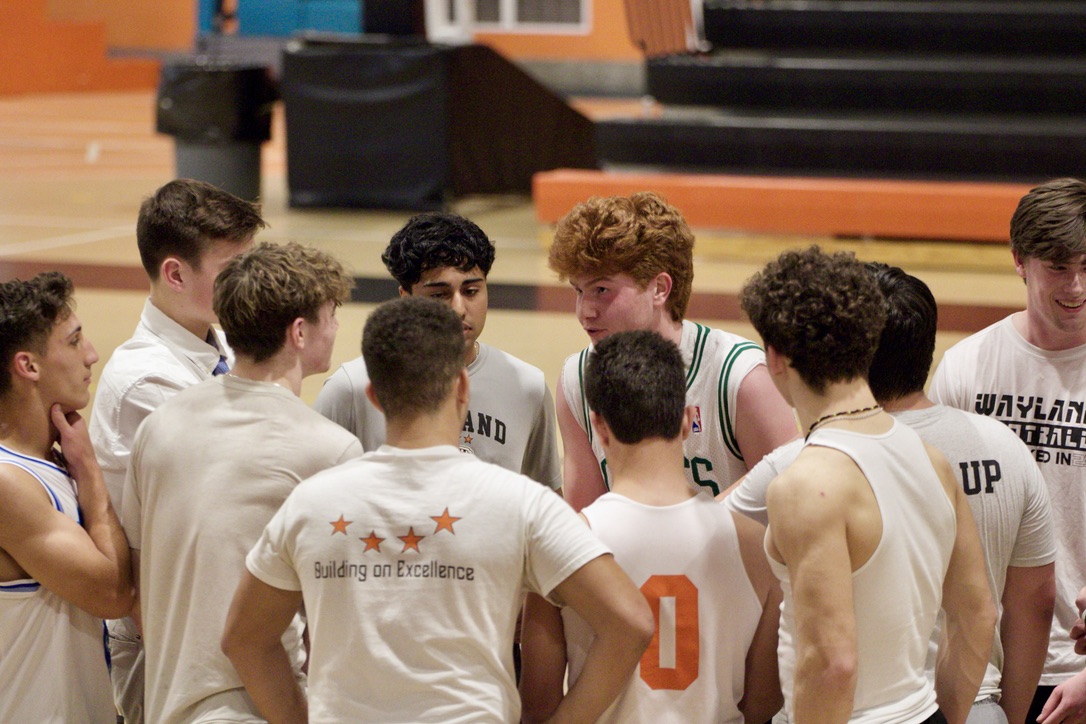
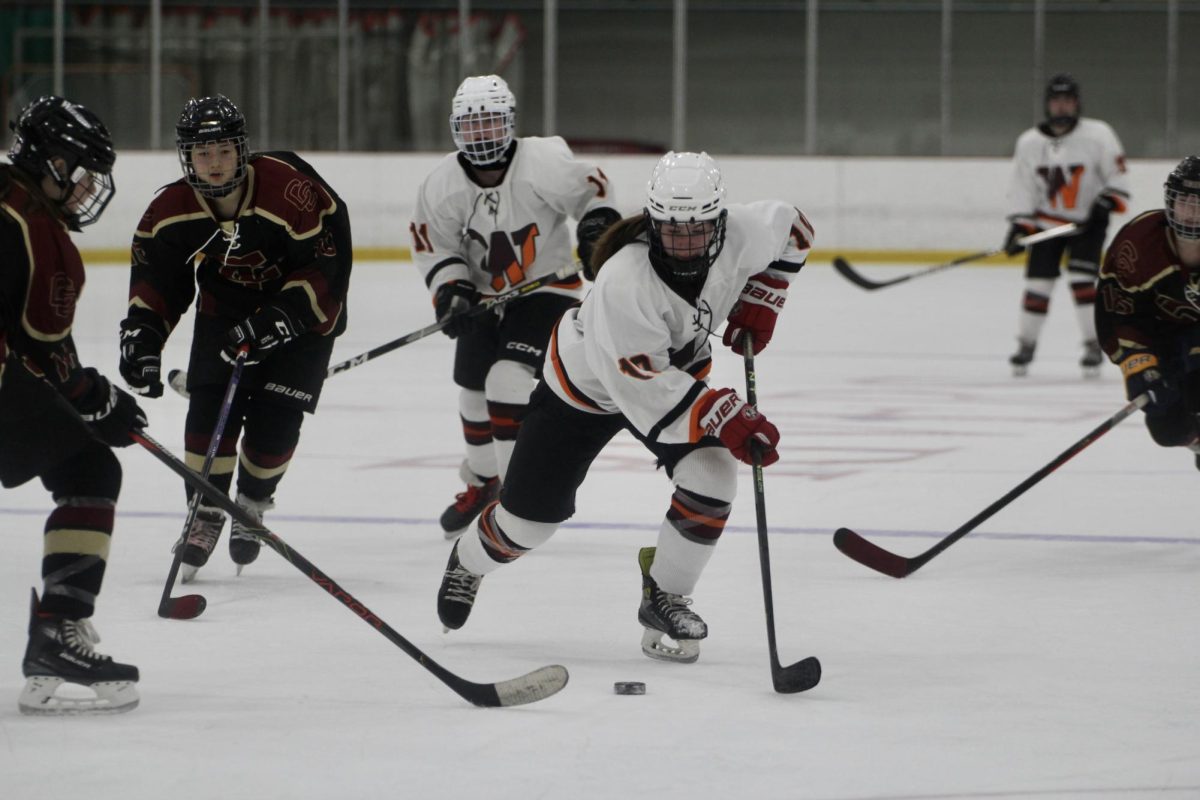
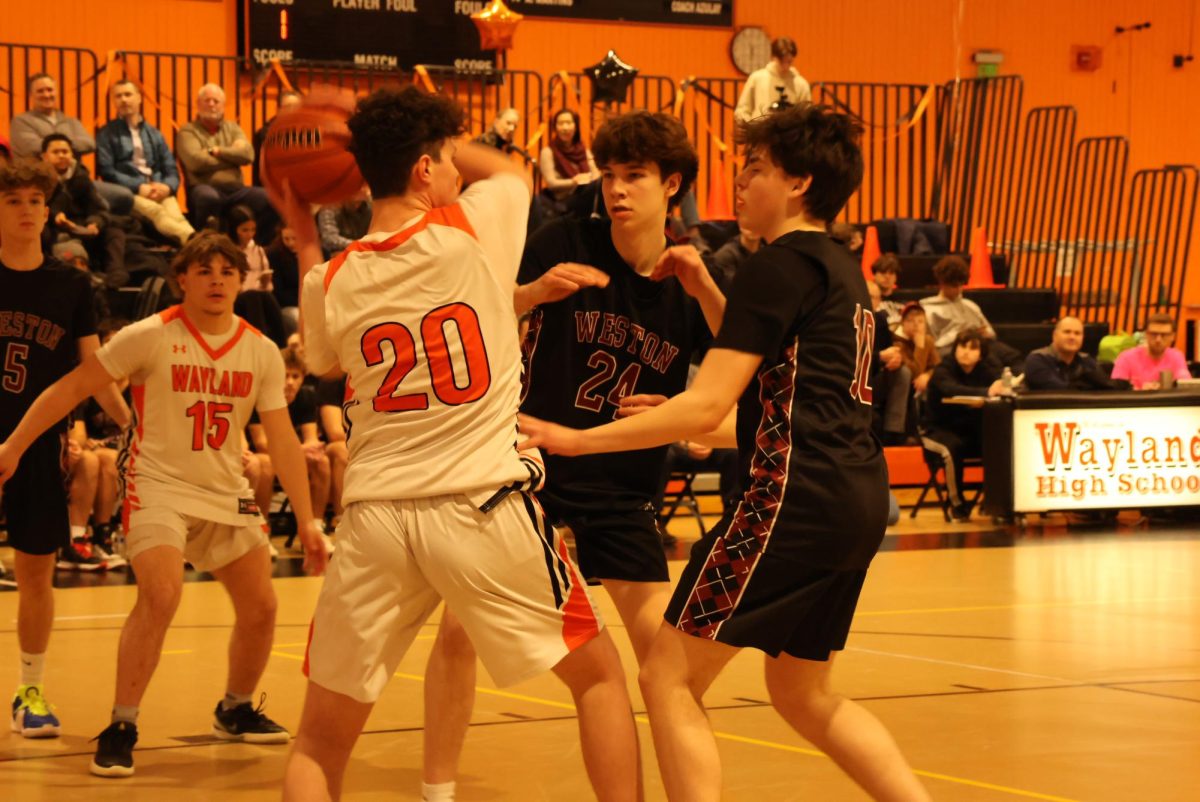







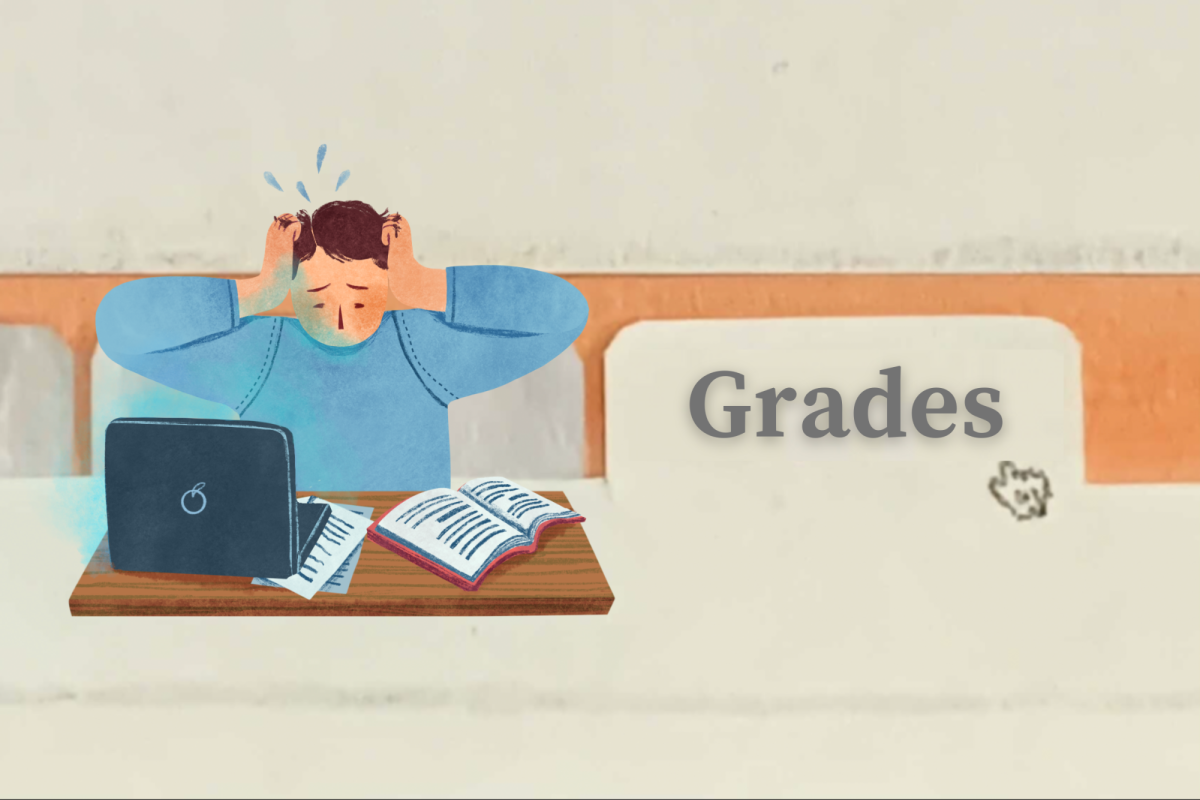






































![Seniors Garrett Batt, Tom White, Emmanuel Nzaramba and Jack Calverley work together in preparation for the Spring Fling. “We decided to host this because March is kind of a slow month [in which] there’s not really that much happening, so I just thought it would be fun to put pep back into everyone so people could look forward to something this month,” senior Delcie Peter said.](https://waylandstudentpress.com/wp-content/uploads/2024/03/Screenshot-2024-03-20-at-10.28.14-PM-1200x832.png)

Dan • Jan 15, 2009 at 1:24 PM
5 minutes is not enough…there are teams who can hold the ball for 5 minutes each drive, making it just like the current system. my suggestion is a 10 minute OT period
:) • Jan 15, 2009 at 10:00 AM
In response to “Boss,” if 52% of the time the team who wins the coin toss actually wins the game, then that would mean that the other 48% does not even get a chance. 48% is a big deal.
And “Dan,” I see your argument, so maybe they could implement something like having a five minute overtime and see who wins?
BOSS • Jan 14, 2009 at 1:02 PM
Actually if you had done some real research, you would have found that the team that wins the coin toss only wins the game about 52% of the time. Therefore, unless you define 2% as an “immense advantage” i would have to say that you are immensely flawed in your analysis.
Dan • Jan 14, 2009 at 11:33 AM
Along with the percentages showing that there is no real advantage, college rosters are allowed to carry 60-70 players. This means a lot more player rotations and breaks for players because the NFL is allowed to carry a 53-man roster, and usually 1 to 3 of those players are at least somewhat hurt, meaning at end of the game, you are asking players to be completely wiped out if the game does indeed go into 3+ OT’s, which is another reason the NFL will not change the overtime rules
Dan • Jan 14, 2009 at 11:20 AM
Actually, this is incorrect. Teams that have gotten the ball 1st in overtime the past 5 years have a 32.3% winning percentage, so I don’t think that this is a legitimate argument
Mr. Hopps • Jan 14, 2009 at 10:40 AM
It is worth noting the following statistics, compiled from the 365 overtime games played in the NFL from 1974-2003:
Both teams had at least one possession 261 (72 %)
Team won toss and won game 189 (52 %)
Team lost toss and won game 160 (44 %)
Team won toss and drove for winning score 102 (28 %)
Games ending in a tie 15 (5 %)
There is a clear historical advantage to winning the coinflip, but not as significant as one might think (flip winners win 52%, flip losers win 44%).
Given that information, I prefer the NFL system over the NCAA system because the NCAA deviates from the way the rest of the game is played.
Well, unless the Patriots lose a flip and then the game. Then I hate the NFL system.